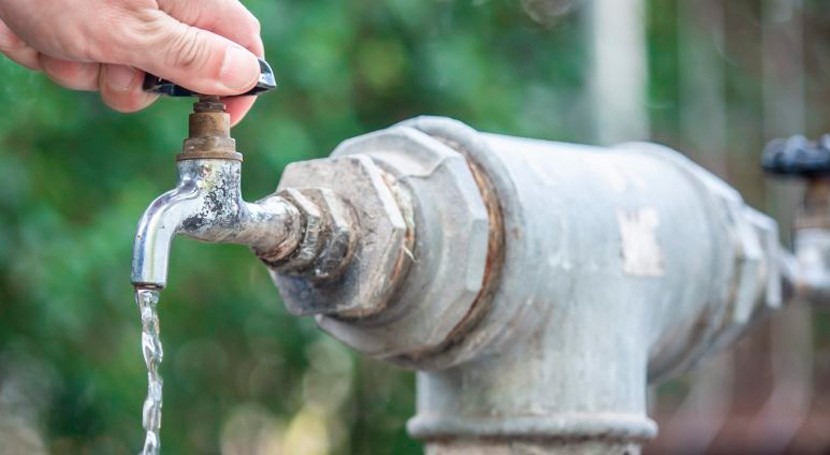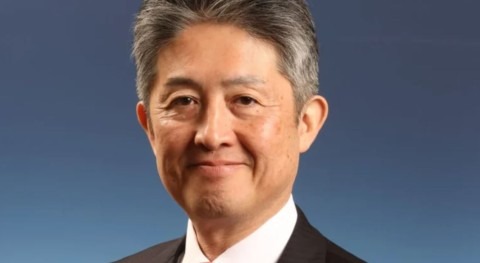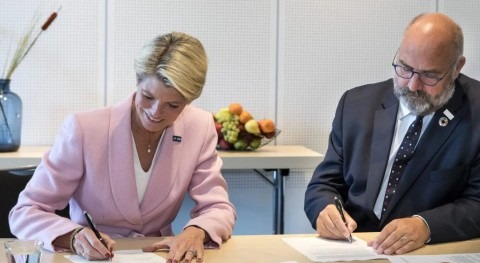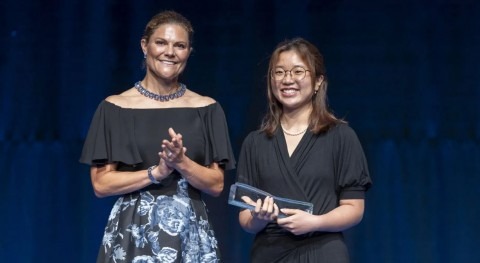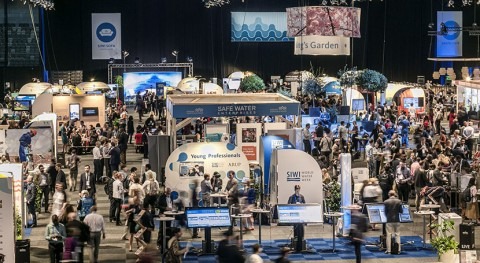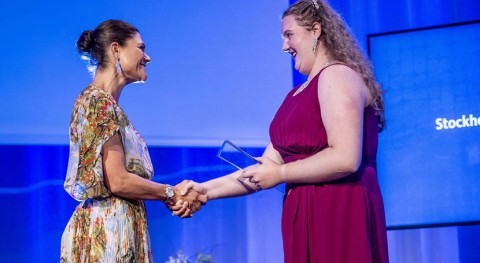The countries in the Middle East and North Africa region have a younger population than Europe and the USA and have experienced fewer COVID-19 related deaths, despite being one of the first regions to report cases outside of Asia. However it is estimated that 98 million people lack access to a safely managed water service and a further estimated 288 million live without a safely managed sanitation service. This region is also one of the most water scarce in the world.
In the paper COVID-19 WASH Responses by Governments, Water Utilities and Stakeholders in Middle East and North Africa (MENA) Countries, SIWI and the UNICEF MENA regional office reviewed the country responses during the first few months of the pandemic. This document shares examples of the COVID-19 WASH response measures being taken in 21 countries in the MENA region. Based on a mapping exercise, some common themes and trends, as well as potential gaps in country responses are highlighted.
A concern in the region is that there may be a significant level of undetected cases in vulnerable groups, especially in camp environments and in war-torn countries, that have the potential to overwhelm already strained health services. Lockdown and curfew measures have been quite widespread in the region. Some countries have since cautiously relaxed these confinement measures, only to see a rise in cases and deaths.
SIWI’s monitoring of the country responses has found the majority of measures are being led by national/central government, sometimes with close support from the United Nations. A strong focus of the initial response has been in the promotion of handwashing and Infection Prevention and Control (IPC). In non-Gulf states, a focus has also been ensuring continuity of WASH services and IPC in Health Care Facilities, isolation centers, and refugee and IDP camps. The monitoring shows that whilst people in municipalities have seen more of the measures introduced, less focus has been found for vulnerable groups living in areas not connected to piped water and sewerage networks. A general lack of technical and financial support to water and sewerage utilities in the short and medium term is also seen. As water utilities providers potentially find themselves with the inability to fully cost recover due to bill non-payment, they could face a potential crisis in the medium to longer term if technical and financial support is not scaled up soon.
SIWI’s monitoring of the WASH response will continue during the de-escalation and recovery phases, jointly with countries in the region, and further updates will be published. The objective of the monitoring is to both support the country responses, as well as to build a body of evidence to understand what WASH preparedness and resilience building measures can be put in place to build resilience for future pandemics. You can read more about how SIWI is working with the security aspects of the pandemic.


